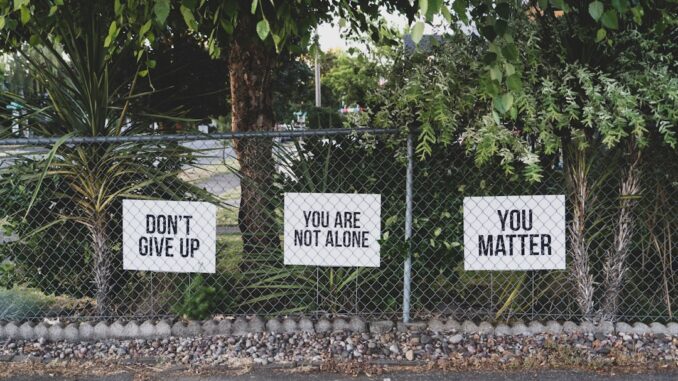
Summary
Returning to work after rehab can be challenging, but with the right approach, you can successfully transition back into the workplace. This article provides practical tips for navigating this process, from understanding your legal rights to building a supportive network. Remember, recovery is a journey, and taking it one step at a time is key.
** Main Story**
Okay, so you’re heading back to work after rehab? That’s huge! It’s a real milestone, and while it might feel a bit daunting, it’s also a fantastic opportunity to show everyone (and yourself) just how far you’ve come. Let’s walk through some practical steps to make this transition as smooth as possible.
Understanding Your Rights
First things first: know your rights. The Family Medical Leave Act (FMLA) can be a lifesaver, protecting your job while you’re in rehab for a serious health condition, including substance use disorder. To qualify, there are typically requirements around how long you’ve worked and the size of your company.
Now, a word of caution: FMLA doesn’t cover you if you were breaking company rules related to drug or alcohol use before seeking treatment. So, do your homework and fully understand what the FMLA covers in your specific situation.
Communicate, Communicate, Communicate
Seriously, open communication with your employer is key. Transparency about your recovery allows you to discuss potential accommodations you might need. We’re talking about things like adjusted hours or time off for ongoing therapy. A supportive employer makes a world of difference. If you’ve got an HR department, start there. They’re usually the best point of contact for these discussions.
And if you need more specific accommodations, don’t be afraid to ask! Maybe a reduced workload to start, or flexible hours? Part-time work can be an excellent way to ease back in, giving you the space to balance work with your recovery commitments. I remember a former colleague of mine, Sarah, she’d negotiated a four-day week when she came back from a mental health leave. It made such a difference to her well-being.
Build Your Support System and Routine
Think of your support system as your safety net. Surround yourself with understanding colleagues, friends, and family. Consider joining a 12-step program or another support group; they provide a safe space to share your experiences and connect with others who get it. Trust me, it helps.
- Building a routine is essential. Structure your day with healthy habits, like journaling, meditation, exercise, or attending those support group meetings. A consistent schedule provides stability and helps you stay focused on your goals. After all, you want to make sure your recovery stays on track. And if you start to slip, you’ll be able to tell much quicker if you keep to a routine.
- Self care: Don’t forget about self-care! Maintaining a healthy work-life balance is non-negotiable. You know, make time for activities you enjoy: exercise, hobbies, quality time with loved ones. This is crucial for managing stress and preventing relapse.
Easing Back In and Managing Stress
Don’t feel like you have to hit the ground running at full speed. It’s okay, actually, it’s recommended to start slowly. Consider reduced hours or a less demanding role to gradually adjust to the work environment.
- Setting realistic goals is a must. Break down your tasks into smaller, achievable steps. It will help boost your confidence and keep you from feeling overwhelmed. And celebrate those little wins! Keep that motivation high.
- Stress management is also super important: Develop some coping mechanisms for workplace stress. Deep breathing exercises, mindfulness techniques, or even just taking short breaks can help you stay refreshed and focused.
- Learn to say ‘no’. You don’t have to take on everything, so establish boundaries. Prioritize your well-being and set limits to avoid burnout.
- Finally, don’t hesitate to reach out for professional help if you’re struggling. A therapist or counselor can provide guidance and support as you navigate this transition. You don’t have to do this alone. I know I certainly couldn’t.
Returning to work after rehab is a powerful testament to your resilience and that you’re on the right path. By taking a proactive and balanced approach, you can successfully reintegrate into the workplace and continue on your journey to long-term recovery. I think you got this.


Be the first to comment